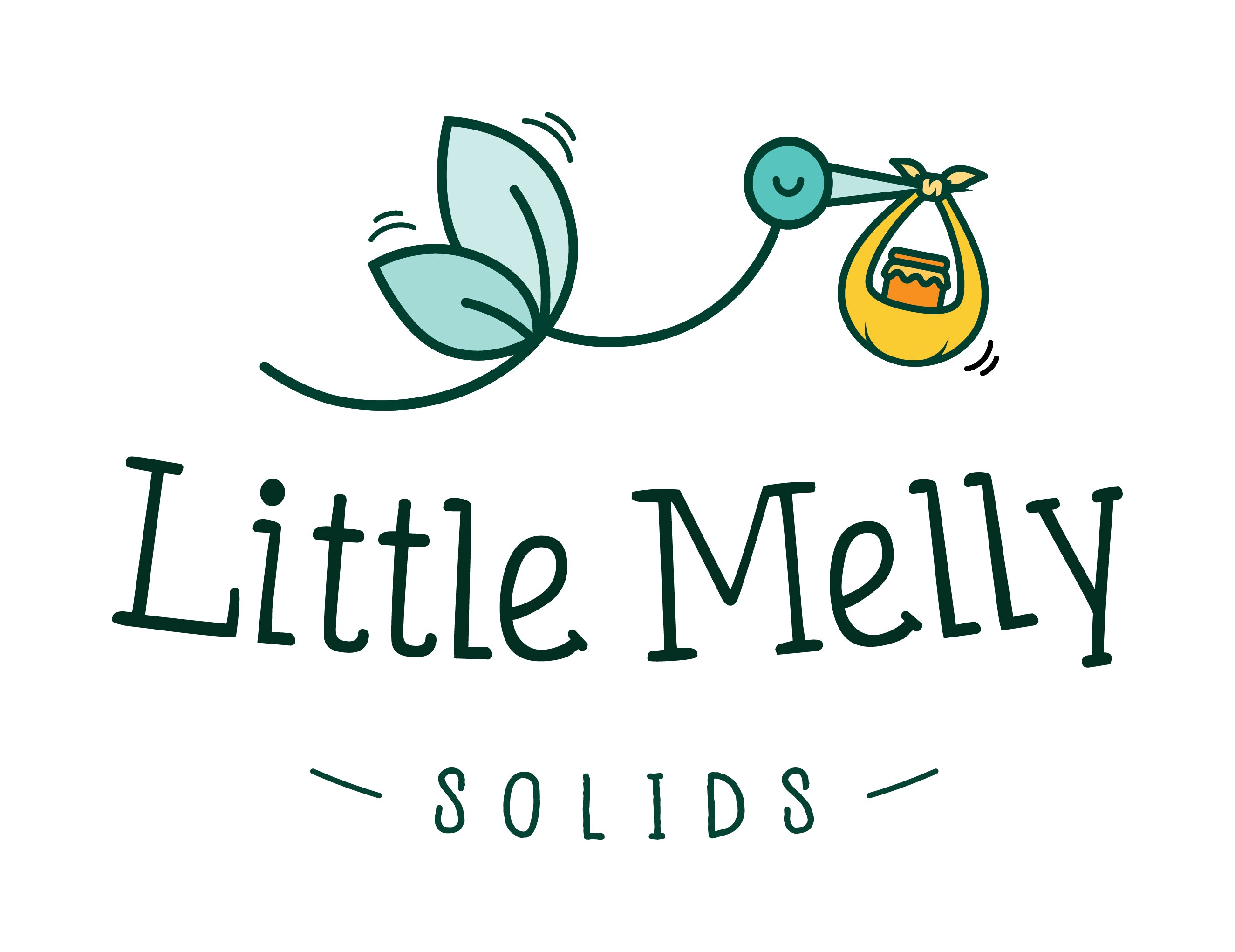- Fruits and Vegetables
A baby’s diet should include plenty of fresh fruits and vegetables; they are critical for their growth.
We all want to give our baby the best, and you may be thinking: fresh or frozen?
- How is food frozen?
During blast freezing, cold air flows in and hot air is sucked out repetitively. It can take around 3 hours for an ingredient to freeze in a blast freezer (versus the typical 6-12 hour range).
Preserves the nutrients of the ingredient.
You can purchase fruits and vegetables that were grown in season out-of-season.
Minimizes bacterial growth in the product.
Minimizes foodborne illnesses.
Longer shelf life for the product.
Does not change the carbohydrate, protein, or fat composition of the ingredient.
- Advantages of Blast Freezing
Potentially hazardous preservatives.
Contamination risk.
Challenging storage and maintaining the cold-chain throughout distribution.
Limited range of recipes that can employ them.
- Are there drawbacks to frozen food?
Sometimes choosing the right brands is important.
Here’s how:
Frozen fruits and vegetables that do NOT have any added ingredients to them can be a great option for your baby.
Rule of thumb: buy products which have an ingredient list you can understand!
Also buy from brands you trust and from supermarkets you trust!
With the economic crisis in Lebanon, make sure your trusted supermarket has electricity 24/7 and is maintaining proper freezer temperatures.
Surprise! Surprise!
Fresh vs frozen food isn't the true issue; it's whether or not your baby consumes enough vegetables.
When possible, eat off the vine.
When you can't, add frozen vegetables.



